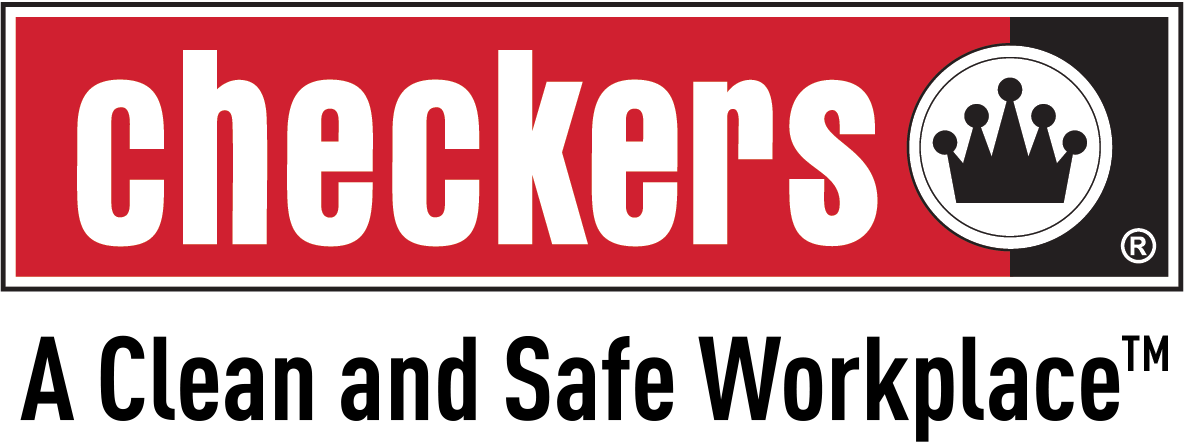What is SUP (Single-Use Plastics)?
Simply put Single-Use Plastics are disposable plastics which are made primarily from petroleum-based products meant to be used only once and then discarded or recycled. These petroleum-based plastic products will not decompose into natural substances and are difficult to recycle, instead it breaks down into micro particles (microplastics) after many years. And it doesn’t end there, in the process of breaking down, it also releases toxic chemicals from the additives that were used in the process of making these products.
What are microplastics?
Microplastics are small pieces of plastic less than five millimeters long, though much about microplastics remains unknown, researchers do know that these tiny pieces of plastic can be harmful to the oceans and marine life. It might seem odd that something smaller than five millimeters, or 0.2 inches, can pose such a significant threat to something as vast as the ocean. However, despite their size, microplastics still take thousands of years to decompose. In the meantime, microplastics find their way into everything from plankton to whales to the foods we eat and the water we drink.
Anything that poses a threat to the world’s oceans and the marine life that live in those waters is dangerous to humans. Oceans produce more than half of the world’s oxygen, and medicinal products used to fight diseases like cancer also rely on ingredients found in the ocean. Therefore, when the oceans are in danger, so, too, are humans.
Overall, the issue is not just plastic, it’s how we use it. This is where Single-Use Plastics (SUP) become problematic and the main source of plastic pollution. Plastic production has increased due to the demand in consumption, and we produce 400 million tons of plastic waste every year, and the convenience of single-use plastics has turned into an unprecedented environmental threat. 170 nations have pledged to significantly reduce use of plastics by 2030. Canada has introduced the Single-Use Plastics Prohibition Regulations as of June 2022, which comes into effect December 2022, and the sale of these items will be prohibited as of December 2023. In USA, though there is no regulation at a federal level, there are several states that have some form of ban in place.
Rethink, Reuse, Refill.
Not all is lost if we can act sooner than later, and we can all do our part by switching to reusable or more sustainable products. You can choose products that have recycled contents including eco-friendly packaging, rather than buying newly produced plastic products. Another option is reusable plastics, like refillable pens and water bottles. And most importantly you can keep plastics out of our landfills by recycling. Reducing our use of plastics today, can help build a more sustainable tomorrow.
What is Checkers doing?
We want to do our part by providing our customers with sustainable, eco-friendly products and alternatives wherever possible. We already have some options from green chemicals to green certified paper products, and we are also able to offer choices for categories affected by SUP (Single-Use Plastics) ban, such us:
| T3685 – 6” Brown Plastic Stir sticks | Replacement option: NS122341 – 7” Wooden Stir Sticks |
| T3641 – Polar Pro Teaspoon | Replacement option: NS122557 – Polar Ecopro White Polypro Teaspoon |
| T3642 – Polar Pro Soup Spoon | Replacement option: NS122549 – Polar Ecopro White Polypro Soup Spoon |
| T3643 – Polar Pro Forks | Replacement option: NS122550 – Polar Ecopro White Polypro Fork |
| T3644 – Polar Pro Knife | Replacement option: NS122548 – Polar Ecopro White Polypro Knife |
Take action to end plastic waste and be #PlasticFree.
*Note that Canada’s regulation does not apply to plastic manufactured items that are intended to hold waste. See here for more information.

